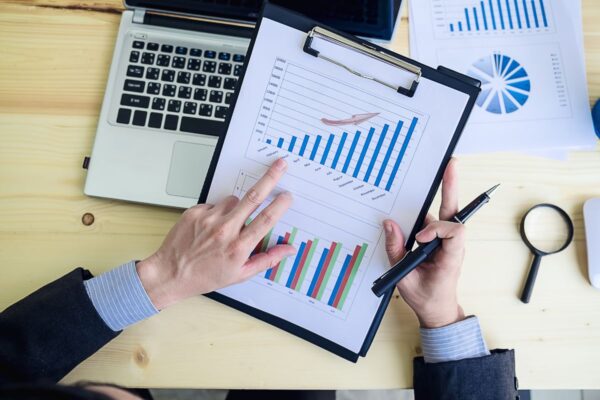Here are some key tax tips to help you stay on top of your finances, save money, and avoid costly mistakes.
Register with HMRC Early
If you’re self-employed, you must register with HM Revenue and Customs (HMRC) for Self Assessment. You’ll need to file a tax return each year and pay any income tax owed by the relevant deadline. Registering on time avoids penalties, so don’t delay—typically, the deadline for registration is by 5th October following the end of the tax year during which you started self-employment.
Understand Your Tax-Free Allowances
There are a number of allowances available to reduce your tax bill. The most significant is the Personal Allowance, which is £12,570 for the 2023/24 tax year. This means you don’t pay tax or Class 4 national insurance on your first £12,570 of income..
Keep Track of Allowable Expenses
One of the major advantages of being self-employed is the ability to deduct certain expenses from your income before calculating tax. Allowable expenses can be found on our blog here:
Ensure you keep detailed records and receipts for all expenses, as these will be needed when preparing your Self Assessment.
Consider Using Simplified Expenses
HMRC offers a simplified expenses scheme for certain business costs such as working from home and using vehicles. Instead of calculating actual costs, you can claim a flat rate. This can make your bookkeeping easier and could save time. However, it’s worth comparing which method is more beneficial for you.
Save Money for Tax and National Insurance
Its your responsibility to set aside enough money to pay your tax bill. Aim to save around 20-30% of your profits each month to cover both income tax and National Insurance Contributions (NICs).
Setting up a separate bank account for tax can help you manage this more effectively.
Know Your Deadlines
Missing tax deadlines can lead to penalties and interest charges, so it’s essential to stay organised. The key dates to remember are:
- 31st January: Deadline to file your online Self Assessment and pay your tax bill for the previous tax year.
- 31st July: The second payment on account is due if applicable (based on estimated tax for the current year).
- 5th October: Deadline to register for Self Assessment if you’re newly self-employed.
Use Accounting Software
Gone are the days when you could manage your business finances using paper records alone. Making Tax Digital (MTD) is now mandatory for VAT-registered businesses, and it will soon extend to all businesses. See our blog on MTD for Income tax here
Seek Professional Advice
Navigating the complexities of the UK tax system can be overwhelming, especially when you’re focused on running your business. Hiring an accountant who specialises in self-employment can help you stay compliant, identify opportunities for tax savings, and ensure you’re making the most of available reliefs.
Managing your finances as a self-employed individual doesn’t need to be stressful. By following these tips and working closely with your us, you will have more confidence in your tax planning and be better prepared for the year ahead.
Need help with your Self Assessment or general tax advice? Get in touch today to discuss how we can support your business and keep your tax affairs in order.




